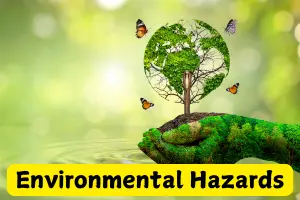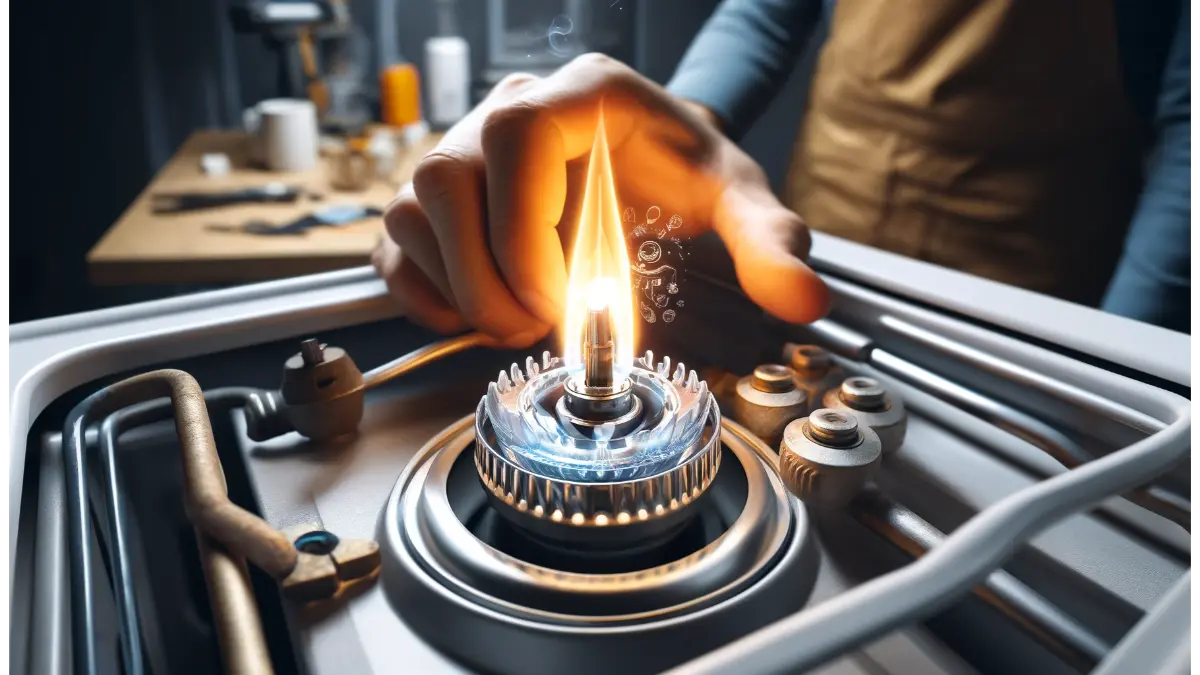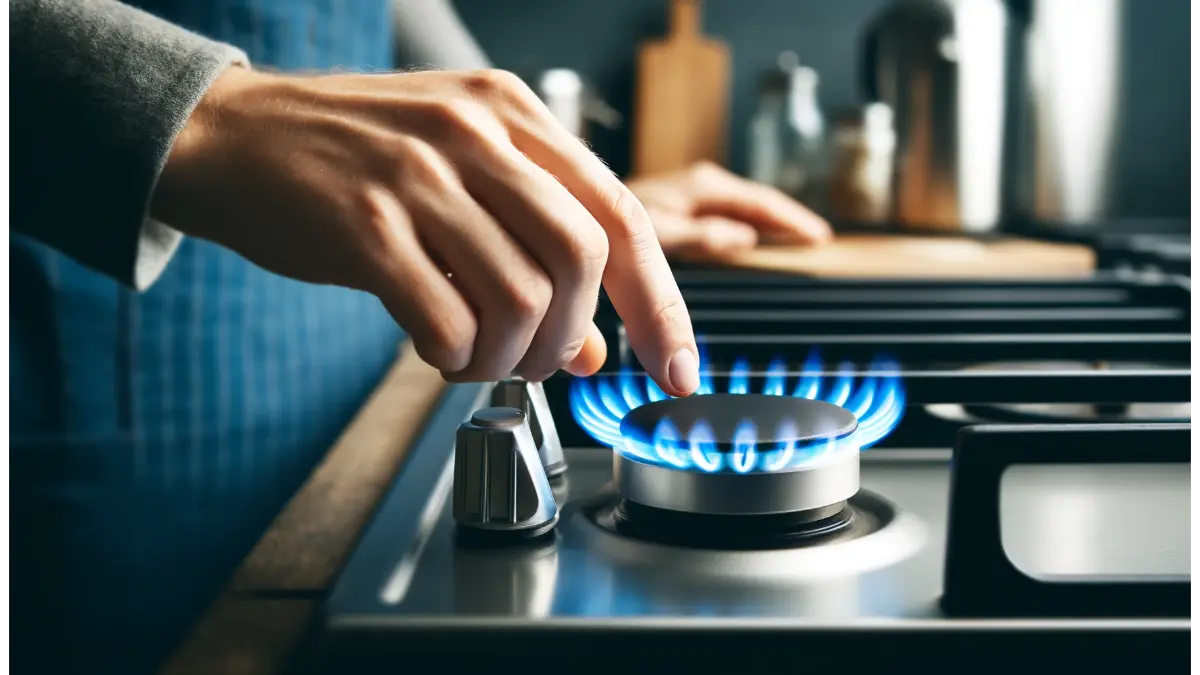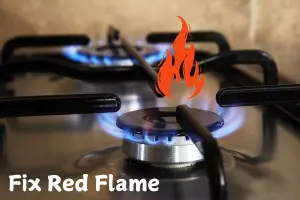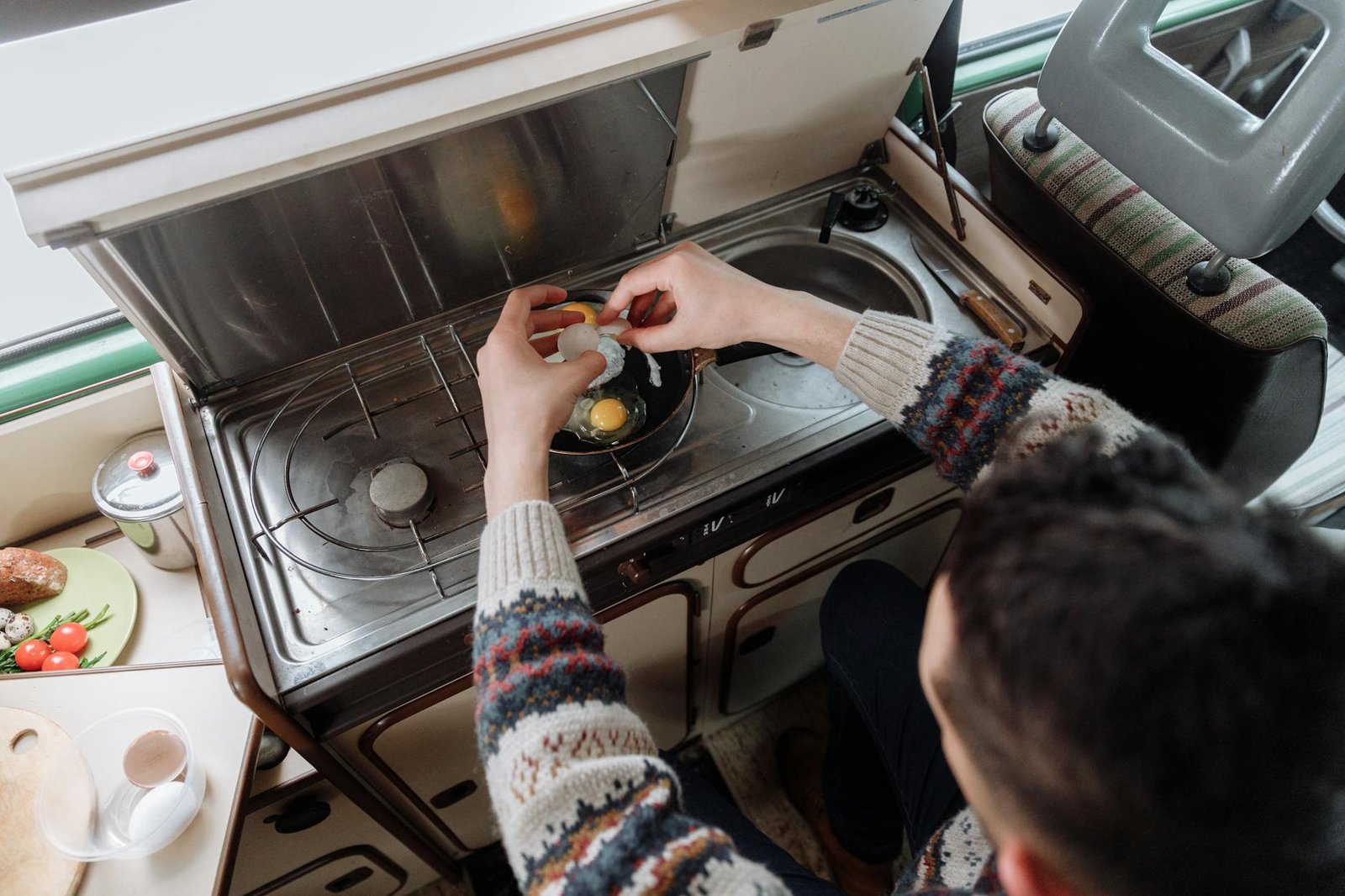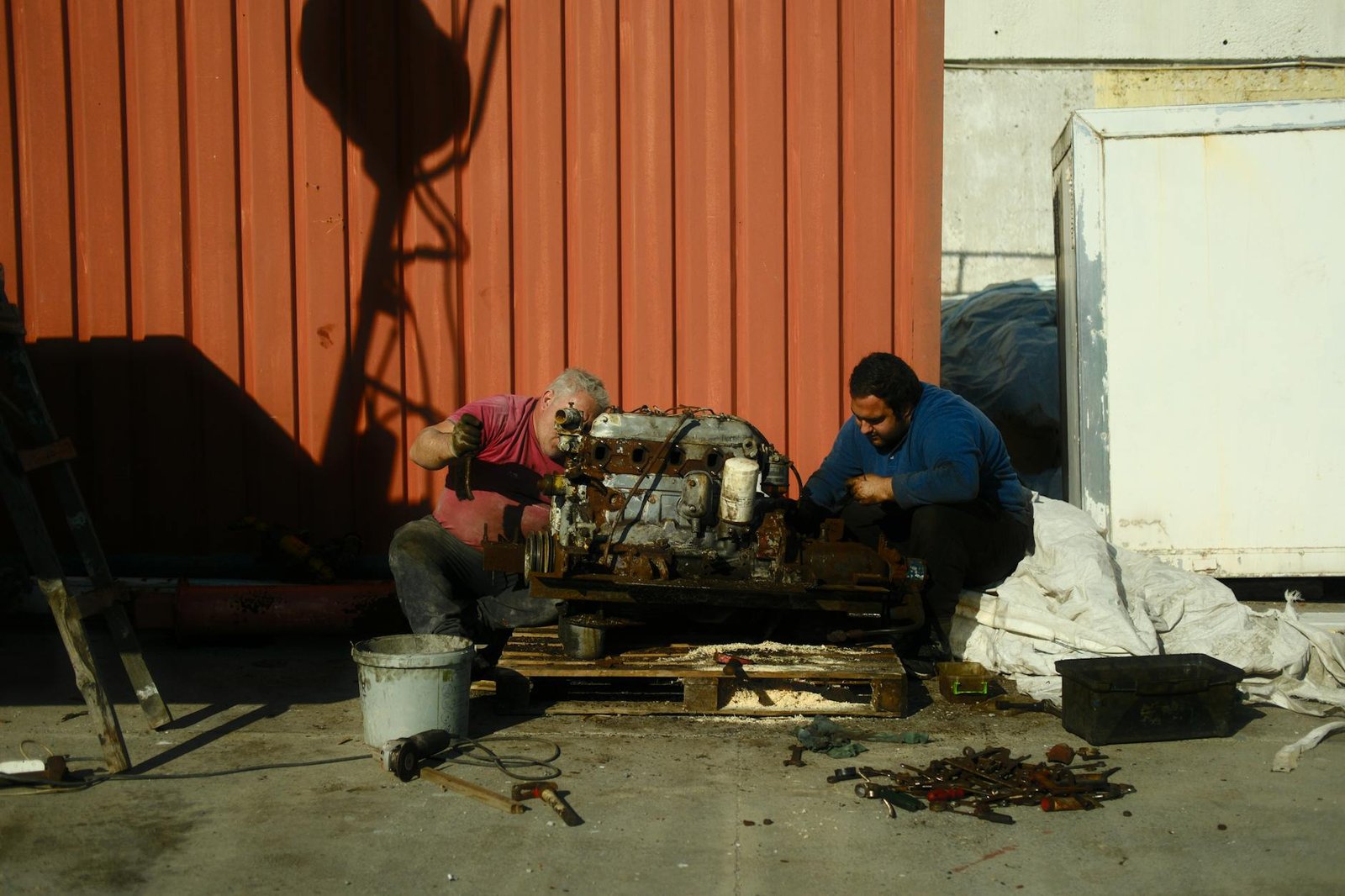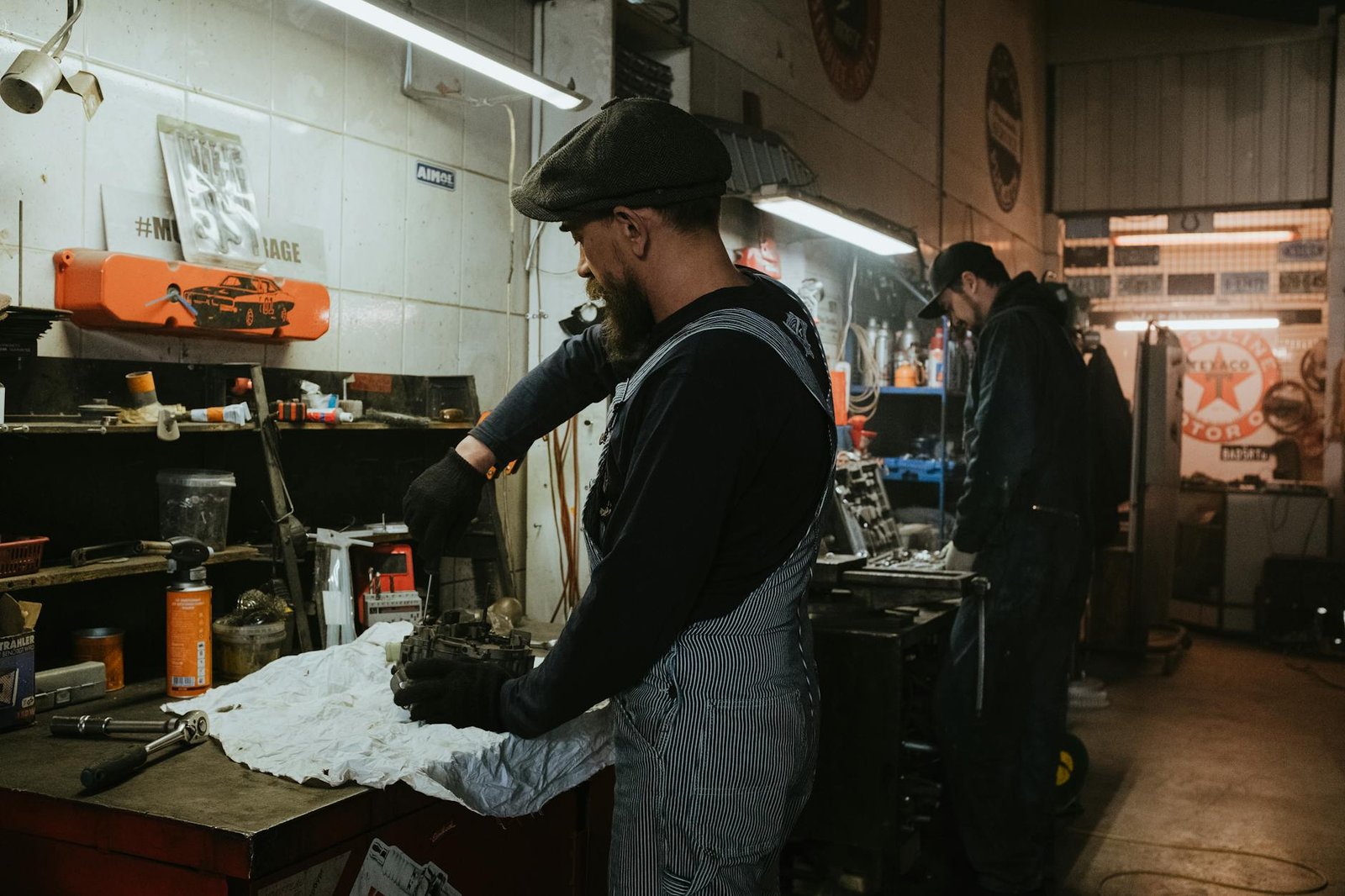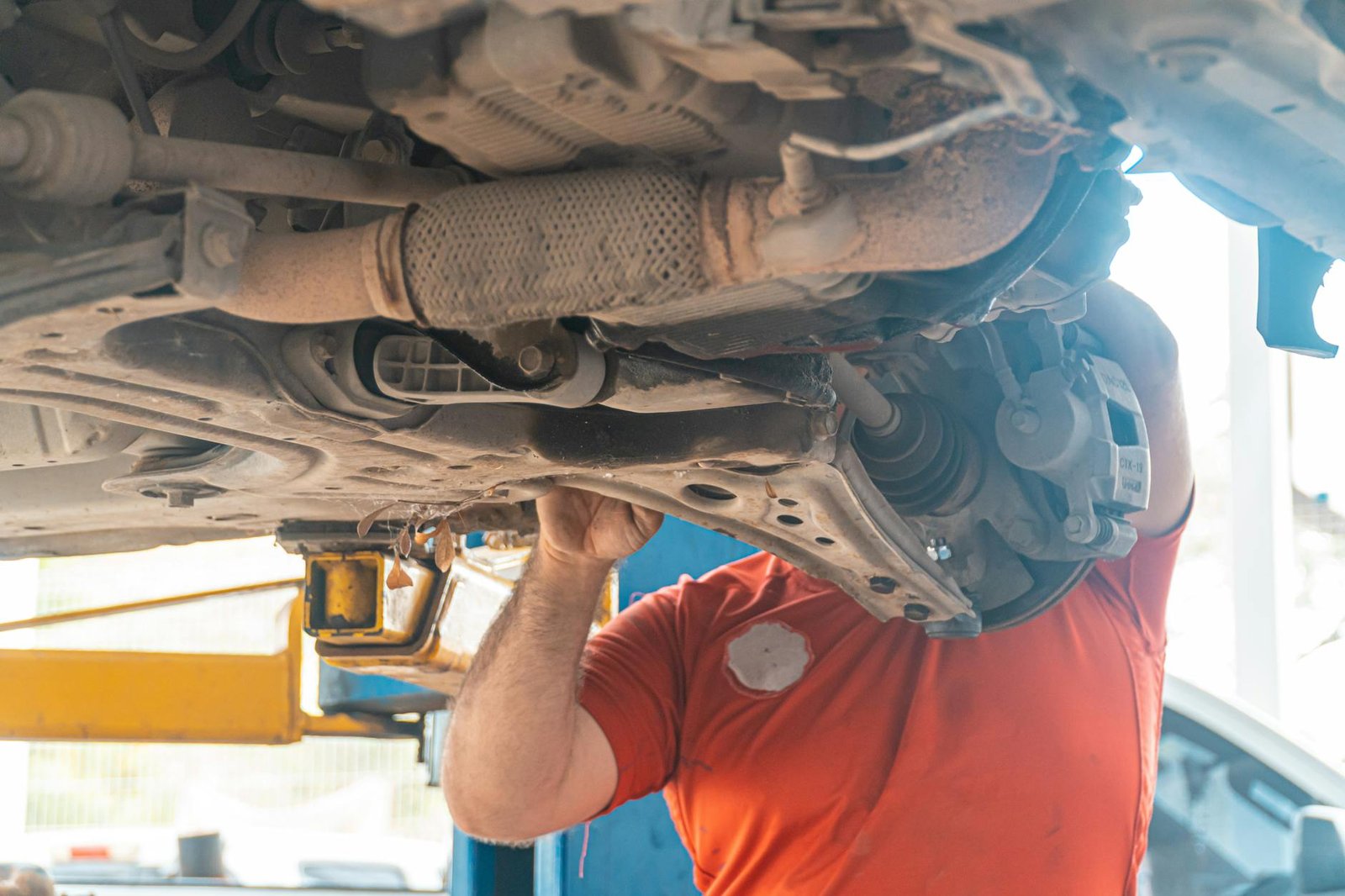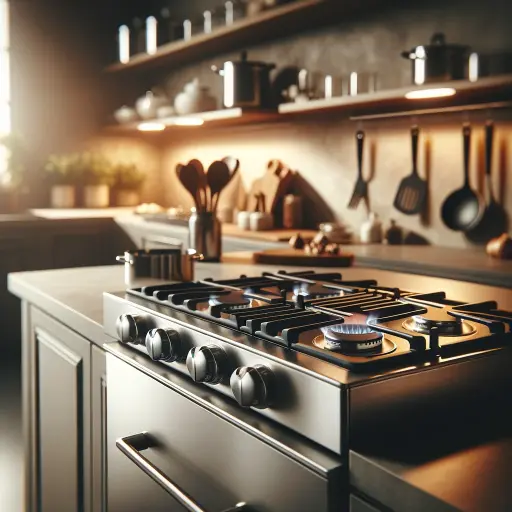
Understanding Gas Stoves: A Guide to FAQs
Gas stoves are a popular choice in kitchens worldwide, known for their precise temperature control and immediate heat adjustment capabilities. As essential appliances, they play a crucial role in cooking, influencing how we prepare our meals. However, despite their widespread use, many aspects of gas stove operation, maintenance, and safety remain topics of frequent inquiry.
Why Gas Stove FAQs Matter
For both novice cooks and seasoned chefs, understanding the functionality and safety of gas stoves is vital. This collection of FAQs aims to address common questions ranging from basic operation to troubleshooting techniques. Whether you’re looking to install a new stove or optimize the performance of your current model, these answers are designed to provide practical and useful information.
What You Can Expect
In the following sections, we’ll explore a variety of topics, including the benefits of using gas stoves, tips on maintaining them, and guidelines for ensuring safety in the kitchen. Each question is carefully answered to help you make the most out of your gas stove, enhancing your cooking experience and ensuring your appliance runs efficiently and safely.
Frequently Asked Questions (FAQs) – Gas Stoves
- What are the benefits of using a gas stove?
- Gas stoves offer instant heat control, cost-effectiveness with natural gas, and consistent heat for even cooking.
- How do I clean a gas stove?
- Regular cleaning involves wiping the surface with a damp cloth and mild detergent. For tougher stains, use a specialized stove cleaner and scrub the grates and burners.
- Are gas stoves safe?
- Yes, when used properly. It’s important to ensure good ventilation, check for gas leaks regularly, and follow the manufacturer’s instructions.
- How often should I check my gas stove for leaks?
- It’s advisable to check for leaks annually or whenever you smell gas near the stove.
- What should I do if I smell gas?
- Do not light any matches or turn on any electrical switches. Open windows to ventilate, turn off the gas supply if possible, and call a professional.
- Can gas stoves be energy efficient?
- Yes, look for models with high energy efficiency ratings and features like electronic ignitions to save energy.
- What’s the difference between a conventional and a convection gas stove?
- Convection stoves have a fan that circulates hot air, cooking food more evenly and quickly than conventional stoves.
- How do I convert my gas stove from natural gas to propane?
- You need a conversion kit and it’s recommended that a qualified technician performs the conversion to ensure safety.
- What are BTUs and why are they important for gas stoves?
- BTU stands for British Thermal Unit, which measures the heat output. Higher BTUs mean more power and faster cooking.
- Can I install a gas stove myself?
- It’s recommended to have your gas stove installed by a certified professional to ensure it meets safety standards.
- What maintenance does a gas stove require?
- Regular cleaning, checking the igniter and burner flames for proper function, and ensuring the gas line and connections are secure.
- What should I look for when buying a gas stove?
- Consider the stove’s size, number of burners, BTU power, safety features, and whether it has additional functionalities like a griddle or a dual oven.
- How long do gas stoves typically last?
- With proper maintenance, a gas stove can last between 10 to 15 years.
- Do gas stoves provide better temperature control than electric stoves?
- Yes, gas stoves allow for precise and immediate temperature adjustments while cooking.
- Are there smart gas stoves?
- Yes, newer models may include features like Wi-Fi connectivity and programmable settings.
- What is the best way to clean the burners on a gas stove?
- Remove the burners and soak them in a mixture of warm water and detergent, then scrub with a non-abrasive brush.
- Is it worth repairing an old gas stove?
- It depends on the cost of repairs versus replacement. If the repair costs more than half the price of a new stove, consider replacing it.
- Can a gas stove be used during a power outage?
- Yes, most gas stoves can be lit manually with a match or lighter when there is no power.
- What accessories are recommended for gas stoves?
- Griddle plates, stove covers, and flame tamer for delicate cooking are useful accessories.
- Where should I place a carbon monoxide detector if I use a gas stove?
- Install a carbon monoxide detector near the kitchen, but not directly above the stove, to safely monitor any potential leaks.
- What types of gas stoves are available on the market?
- Options include freestanding ranges, slide-in ranges, and built-in cooktops.
- How do I choose the right size gas stove for my kitchen?
- Measure the designated space in your kitchen and consider your cooking needs to determine the size and number of burners.
- Are there energy-efficient features to look for in gas stoves?
- Yes, seek models with low BTU settings for simmering, good insulation, and efficient burners.
- What safety features are essential for a gas stove?
- Look for automatic re-ignition, safety valves, and sturdy control knobs.
- How can I improve the efficiency of my gas stove?
- Regularly clean burners and use the correct size pots with lids to conserve heat.
- Can the efficiency of a gas stove decrease over time?
- Yes, due to wear and blockages in burners. Regular maintenance helps maintain efficiency.
- What is the best material for gas stove grates?
- Cast iron grates are durable and provide stable heat distribution.
- How do I know if my gas stove burner flame is adjusted correctly?
- A properly adjusted flame is blue with a small yellow tip. If it’s mostly yellow, the air-gas mixture may need adjustment.
- What are the signs that a gas stove needs repair?
- Uneven flames, yellow flames, slow ignition, and strange sounds are common indicators.
- How do I replace the igniter in a gas stove?
- This task generally requires disassembling the stove top and replacing the faulty igniter with a new one, following manufacturer’s guidelines.
- Is it safe to use aluminum foil on a gas stove?
- Using aluminum foil can obstruct airflow and lead to dangerous gas accumulation. It’s not recommended.
- What’s the difference between a gas stove and a gas range?
- A gas stove refers specifically to the cooktop, while a gas range includes both the cooktop and an oven.
- Can I use round-bottom woks on a flat gas stove burner?
- Yes, but consider using a wok ring to stabilize the wok and improve heat distribution.
- What kind of ventilation is recommended for gas stoves?
- An externally venting range hood is most effective at removing gas and food odors.
- How does altitude affect gas stove performance?
- Higher altitudes can affect combustion; you may need to adjust the oxygen-gas mix for optimal performance.
- Can I use glass cookware on a gas stove?
- Yes, but ensure it’s designed to withstand direct flame exposure.
- What should I do with old gas stove parts?
- Recycle if possible or dispose of according to local regulations to minimize environmental impact.
- How can I prevent my gas stove from rusting?
- Keep the stove dry and clean, and immediately treat any signs of rust with appropriate cleaners.
- What’s the best way to clean the ports on a gas stove burner?
- Use a fine wire or needle to clear out any debris blocking the ports.
- Are there any innovations in gas stove technology I should know about?
- Recent innovations include flame failure devices for safety, improved burner technology for efficiency, and integration with smart home systems for enhanced convenience.
- How can I tell if my gas stove is energy efficient?
- Look for the ENERGY STAR label, which indicates higher efficiency standards.
- What is the average cost of installing a new gas stove?
- Installation costs can vary widely based on location and complexity, typically ranging from $100 to $500.
- Can I cook on a gas stove during a gas leak?
- No, it is extremely dangerous to cook or even turn on the stove if you suspect a gas leak.
- How do I adjust the flame on a gas stove?
- Most stoves allow you to adjust the flame using the control knob; for finer adjustments, you may need to tweak the burner’s air intake valve.
- What are the environmental impacts of using a gas stove?
- Gas stoves burn fossil fuels, which can contribute to indoor air pollution and release carbon emissions.
- How can I reduce energy consumption with a gas stove?
- Use lids to cover pots, choose appropriate burner sizes for your cookware, and turn off burners as soon as cooking is done.
- What certifications should I look for in a gas stove?
- Certifications like the American Gas Association (AGA) mark indicate compliance with safety standards.
- What are simmer burners on a gas stove?
- Simmer burners provide a lower, steadier heat ideal for simmering sauces or melting chocolate without scorching.
- How do pilot lights work on gas stoves?
- Pilot lights are small flames that burn continuously, igniting the gas as you turn on the burner.
- Can I place a microwave above a gas stove?
- Yes, but ensure there is adequate space and the microwave is properly ventilated to prevent overheating.
- What should I do if the burner flame goes out while cooking?
- Turn off the burner, wait a few minutes for the gas to dissipate, then re-light the burner.
- How do self-cleaning ovens work in gas ranges?
- Self-cleaning ovens heat up to very high temperatures to burn off food residue, reducing it to ash that can be easily wiped away.
- What’s the safest way to extinguish a fire on a gas stove?
- Turn off the burner, smother the flames with a metal lid or baking soda, and avoid using water which can spread the fire.
- Are there different grades of gas that affect stove performance?
- While most household stoves use standard natural gas, propane or butane variations might require specific adjustments for optimal performance.
- What innovations improve the safety of modern gas stoves?
- Innovations include automatic shut-off features, heat sensors, and timers that help prevent accidents.
- How does weather affect gas stove performance?
- Extreme cold can affect gas flow and combustion, possibly requiring adjustments to the air-fuel mix.
- What is the best way to convert recipes from electric to gas cooking?
- Generally, reduce the cooking temperature slightly and monitor the food closely, as gas cooks food faster.
- How to dispose of an old gas stove safely?
- Contact local waste management or recycling centers for proper disposal guidelines.
- Can extending a gas line to install a stove be a DIY project?
- Extending gas lines should always be done by a qualified professional due to the risks of gas leaks and fire.
- What is the best way to test the efficiency of my gas stove?
- Monitor cooking times and gas usage over a period to see if your stove is performing optimally.


